Instagram changes algorithm amid criticism of curbs on pro-Palestinian content
American photo and video sharing social networking service Instagram is changing the way its algorithm highlights user content in the wake of widespread accusations that it is purposefully suppressing Palestinian voices.
Instagram has been accused of banning pro-Palestinian content related to the recent Israeli aggression across the occupied West Bank and the bloody military onslaught on the besieged Gaza Strip.
Faced with mounting criticism, the Facebook-owned company said the new algorithm no longer differentiates between original content and re-shared posts that users choose for its “stories” feature.
A spokesperson with Instagram told the BBC that its original content-favoring algorithm had a “bigger impact than expected” on some types of posts, but claimed that the outcome was an unintended side-effect of its policy rather than an attempt to censor activists.
“People... believe we were suppressing stories about particular topics or points of view. We want to be really clear - this isn't the case,” the spokeswoman claimed.
“This applied to any post that [was] re-shared in stories, no matter what it's about,” she added, alleging that the fix was not solely a reaction to the recent controversy because the company had been working on the problem for some time.
Since the start of the recent protest movement against Israel's planned expropriation of dozens of Palestinian homes in the occupied East Jerusalem al-Quds neighborhood of Sheikh Jarrah, pro-Palestinian activists and campaigners have complained that Instagram and other social media platforms are censoring content meant to spread awareness of the cause.
Earlier this month, hundreds of people shared screenshots of their suspended accounts and blank screens after they had shared posts related to the imminent displacement of Palestinian families living in the area.
Several social media activists said at the time that Instagram and other platforms, such as Facebook and TikTok, were pushing a systematic effort to pursue and remove Palestinian content, with the aim of silencing Palestinian voices.
They stressed that the issue of censorship got even worse when tensions in East Jerusalem al-Quds boiled over, and was followed by a round of fighting between the Israeli military and Gaza-based Palestinian resistance factions.
Last week, US Representative Rashida Tlaib, the first Palestinian American woman ever elected to Congress, wrote a letter to the social media platforms asking them “to cease censorship and ensure Palestinian voices are heard.”
Social media has been one of the only places for us to get first-hand accounts from Palestinians about the occupation & violence they face. That's why I'm writing to urge @Facebook, @instagram, @Twitter & @tiktok_us to cease censorship and ensure Palestinian voices are heard. pic.twitter.com/ltamvE1uKk
— Congresswoman Rashida Tlaib (@RepRashida) May 25, 2021
The congresswoman pointed to a report released earlier by 7amleh - The Arab Center for Social Media Advancement, which monitors and documents racist and discriminatory speech online, and more than 500 incidents in which Palestinian political speech had been censored during the recent flare-up of tensions in the occupied Palestinian territories.
Facebook, Twitter, TikTok and Instagram have faced mounting pressure in recent weeks over their policing of pro-Palestinian content in the wake of the Israeli onslaught on the Gaza Strip.
At least 254 Palestinians, including 66 children, were killed in the Israeli bombardment of the Gaza Strip in 11 days of the conflict that began on May 10. Israel’s airstrikes also brought widespread devastation to the already impoverished territory.
The Gaza-based resistance movements responded by launching over 4,000 rockets into the occupied territories, some reaching as far as Tel Aviv and even Haifa and Nazareth to the north.
The Israeli regime was eventually forced to announce a ceasefire, brokered by Egypt, which came into force in the early hours of May 21.
Social networks have also been accused of restricting posts that included the words or hashtags “Palestine”, “resistance”, “Israel”, “Hamas”, and “al-Aqsa.”
Pro-Palestine activists and social media users have opted, in return, not to write the words “Israeli" or "Palestinian", or to use an alternative Arabic font in a bid to circumvent the algorithms and to avoid their posts from getting suppressed.
VIDEO | Yemen: A bone in Israeli neck
D-8’s role in Iran’s economy after Cairo summit
China slams US as ‘war-addicted’ threat to global security
China ‘firmly opposes’ US military aid to Taiwan
VIDEO | Press TV's News Headlines
President Yoon Suk Yeol to be removed from office
At least 19 Gazans killed by Israeli airstrikes since dawn: Medics
Leader: Iran neither has nor needs proxy forces


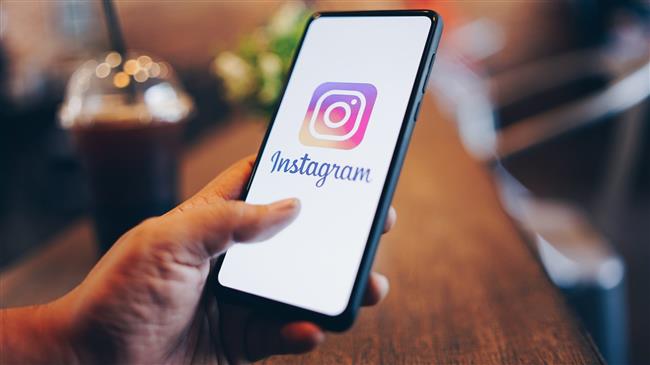



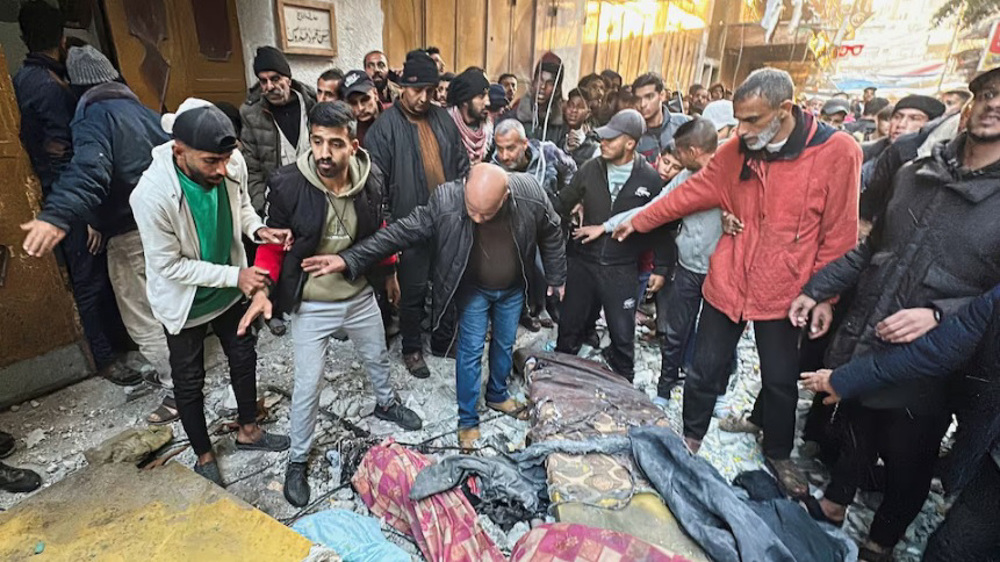
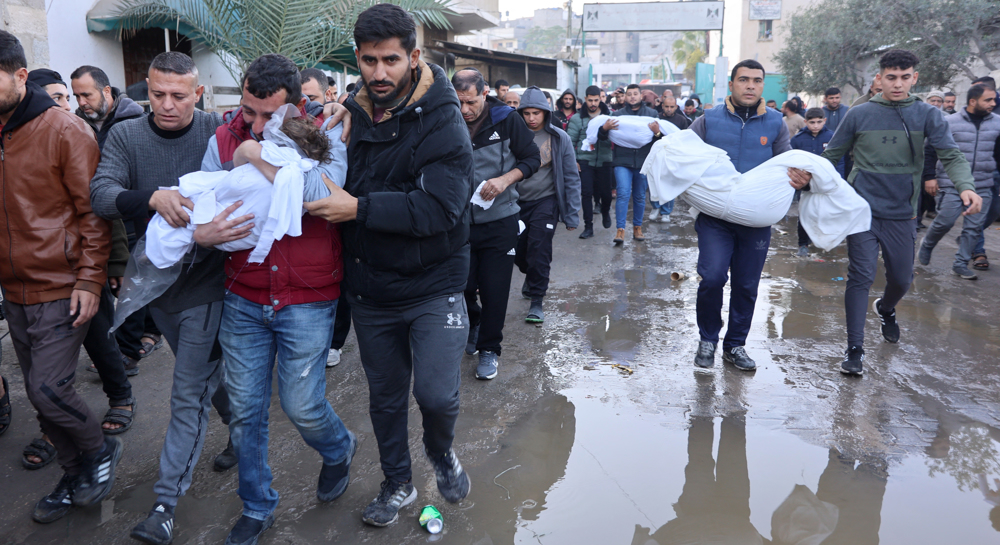
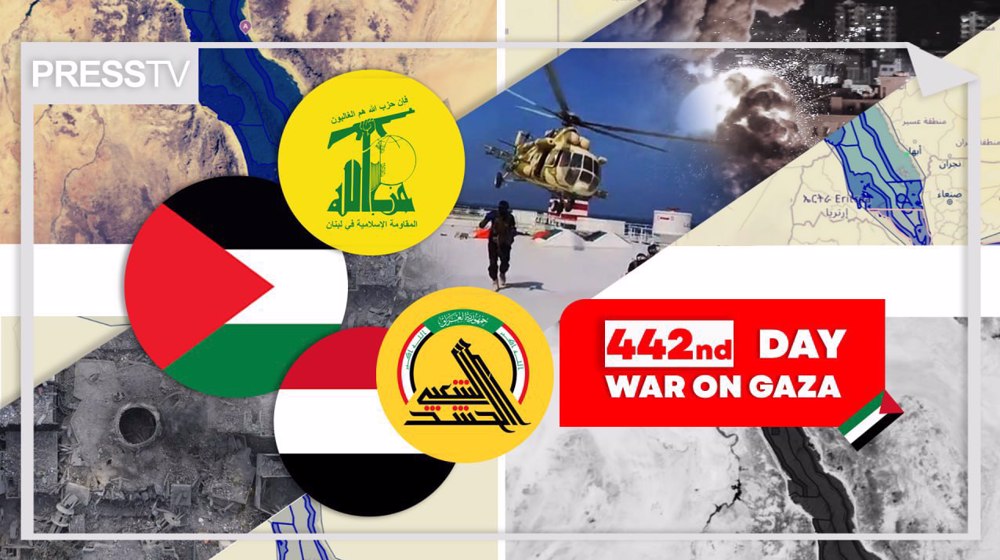



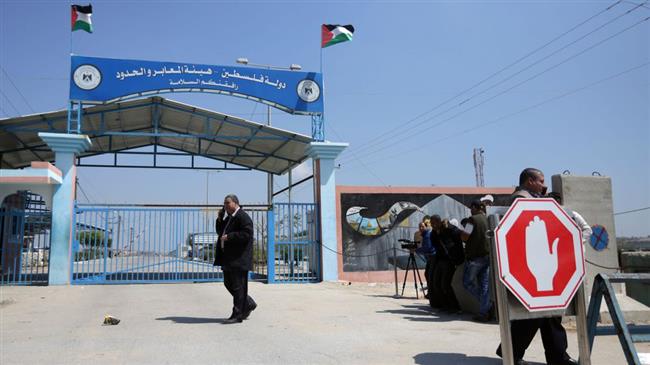
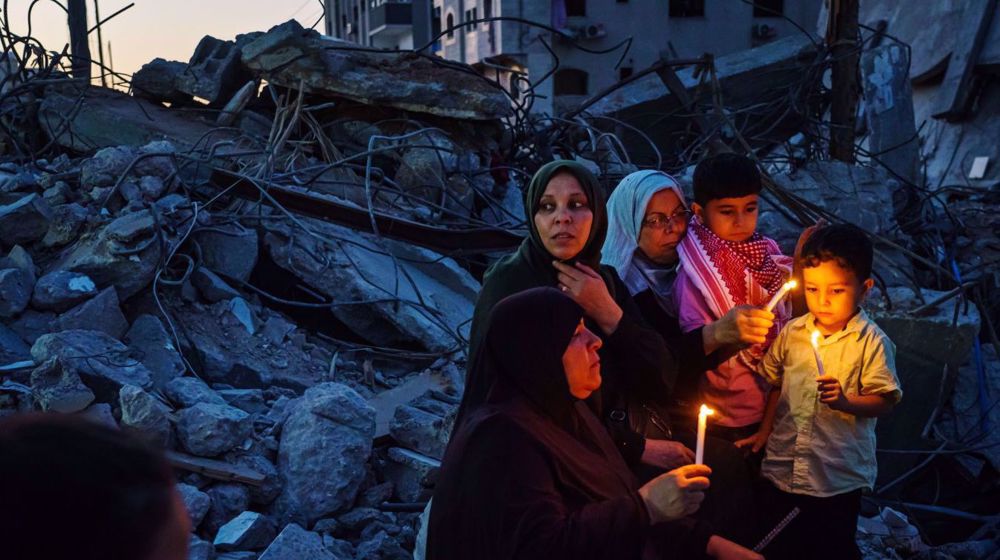
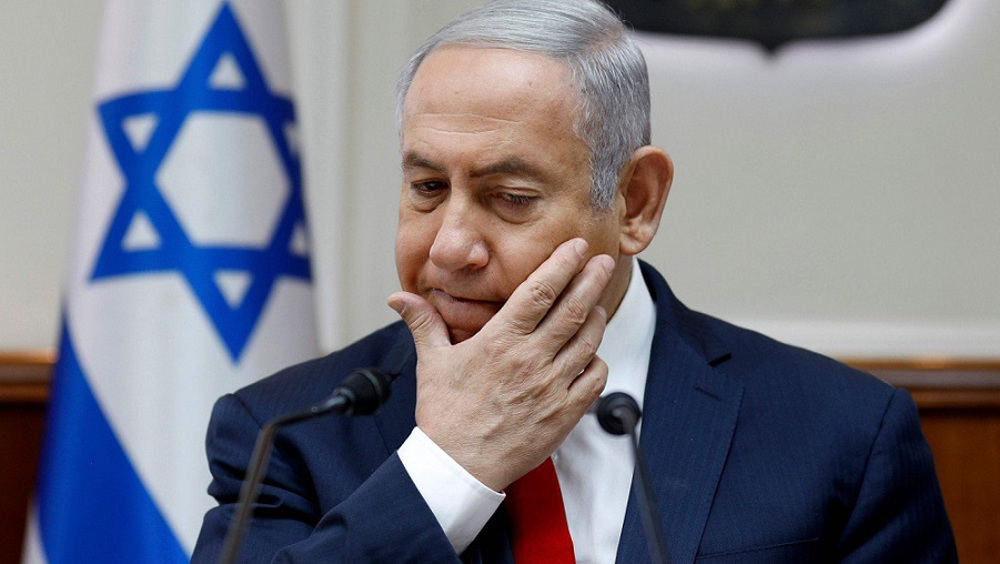
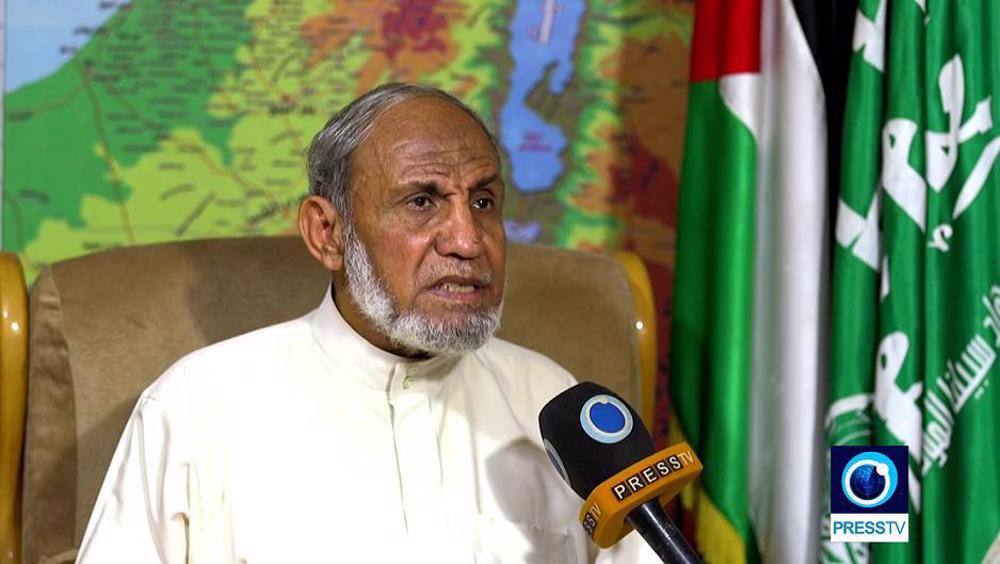
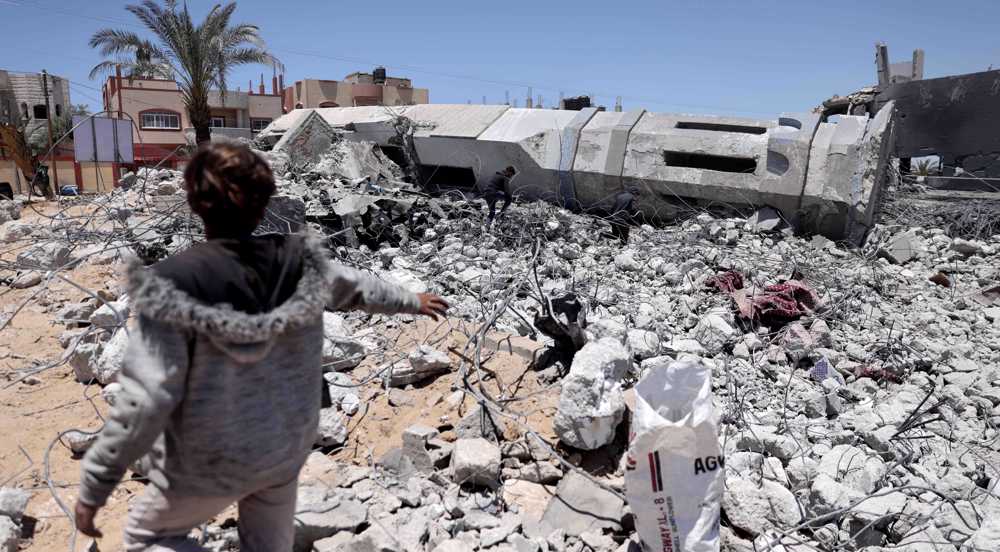
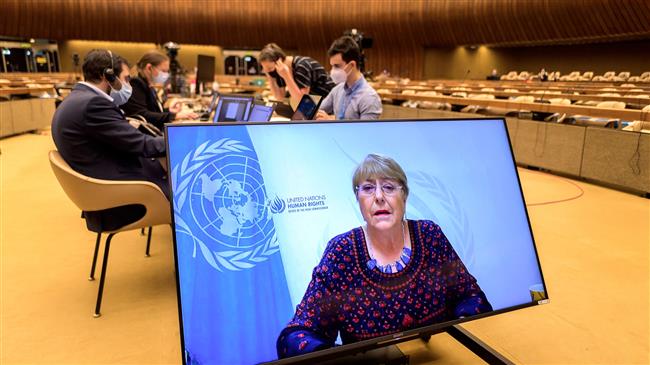
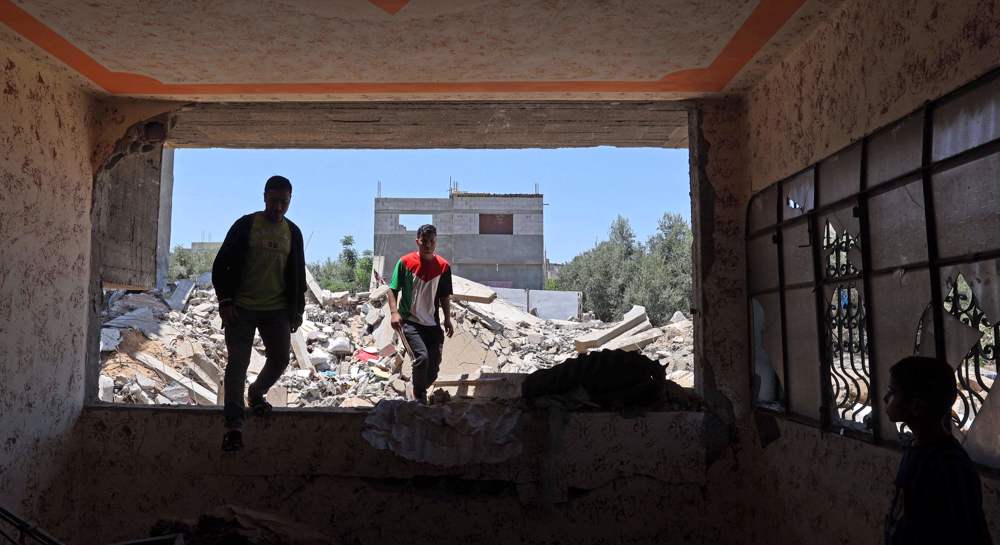
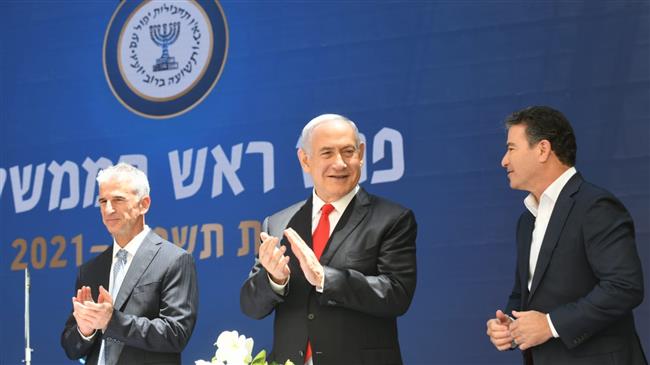
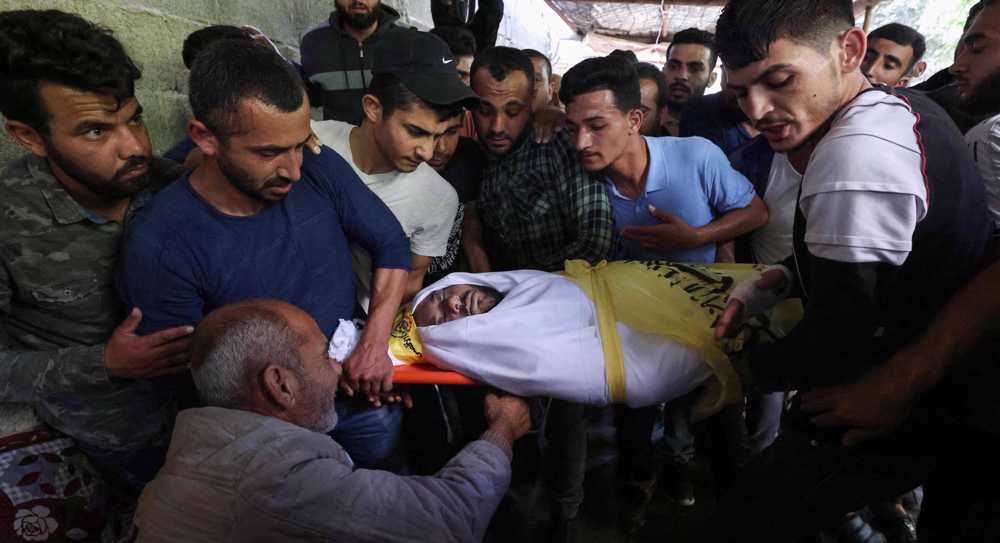
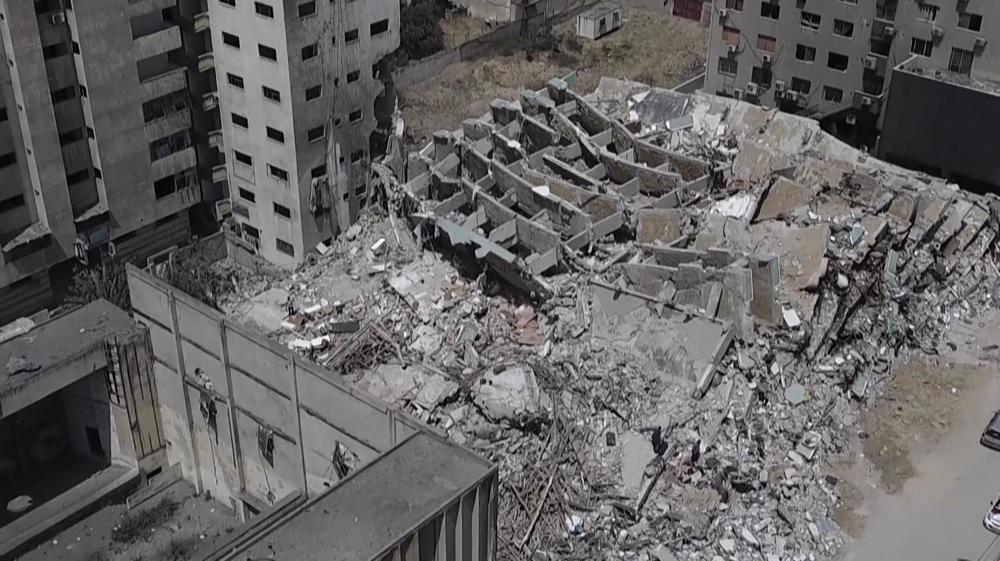

 This makes it easy to access the Press TV website
This makes it easy to access the Press TV website